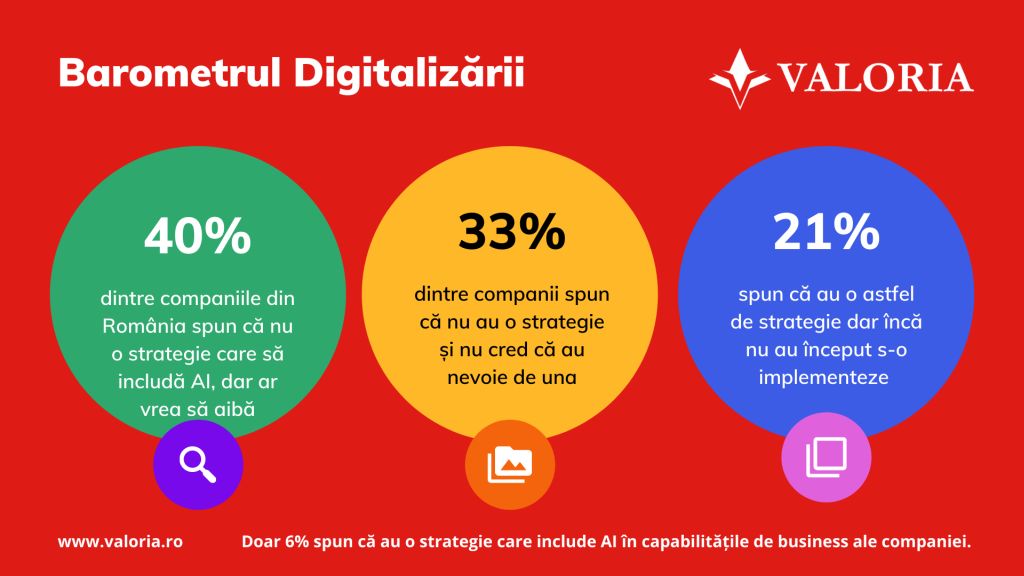One of the most important chess tournaments took place last week in Bucharest. The first symbolic move of the competition was made by the grand master Garry Kasparov, an opportunity to interview the great champion on multiple topics. The mention of the confrontation with Deep Blue in 1997 was the occasion of a justified opinion, not of the defeated pride-injured man, but of the lucid one, open to what is to come and willing to talk about the relationship between people and artificial intelligence (AI).
Machines versus people. Is this the future?
We must not feel insulted that "silicone intelligence" can dominate the game of chess. Recognized as a means that very well proves the cognitive ability of players, the game of chess has a mathematically limited number of moves to power 46, said the champion. With extremely fast computing power, artificial intelligence has at least one ascent of speed, if not one of accuracy. In other words, if they do not make fewer mistakes, machines (computers) at least give the result faster. Instead of entering a competition with great chances of being lost, we better use this opportunity to improve human knowledge. Therefore, in order not to have a future that confronts people with machines, it is important to understand how to capitalize without antagonizing this superior computing power of computers.
AI, the new workmate
In many jobs assigned to people, artificial intelligence helps diagnose diseases, translate languages, provide services to customers. A task that consumes 1 hour with the help of the human mind, using the processing power of artificial intelligence can reduce to minutes or seconds the time required to perform it.
Announcing the end of the age based on human intelligence is not my intention. Artificial intelligence also needs a period of training, and this process is done through contact with human intelligence. While AI will radically change the way we work and who does it, the greater impact of technology will be in complementing and increasing human capabilities, not replacing them. Never before have digital tools been so receptive to us. Neither have we with them.
Complementary skills and synergy
Harvard University research, which involved 1,500 companies, found that companies get the most significant performance improvements when people and machines work together. Through such collaboration, people and AI are actively enhancing their complementary strengths: decision-making ability, teamwork and creativity on the one hand, but also speed, scalability and analytical skills on the other.
What comes naturally to people - for example, a joke or a circumstantial mention of an accepted reality, foreign to other mean connotations - can be a challenging content to interpret correctly for AI. For example, a YouTube account, which promoted chess, was banned by Google because the language of "white attacks black" was indexed and considered racist. In other words, what is simple for machines (data gigabytes) remains virtually impossible for humans and vice versa. That's why businesses need both types of skills.
Cooperation, not competition
To make the most of this partnership, companies need to understand how people can most effectively augment machines, but also how machines can improve what people do best. Redesigning the business processes to support this partnership will matter a lot. According to the Digitization Barometer Study, 40% of Romanian companies say they have no strategy that includes AI even if they would like to, 33% say they don't have and don't think they need one, while 21% say they have such a strategy but have not yet started to implement it and only 6% say they have a strategy that includes AI in the company's business capabilities. The adoption of AI is also related to the stage of maturity reached by the Romanian companies. According to the same study, 52% of companies in Romania are traditionalists or beginners in terms of digitalization.
Companies can achieve this and put the power of collaborative intelligence into action if:
1. People train artificial intelligence learning algorithms to perform certain tasks, explain the results of those tasks and support the responsible use of cars / machines / robots.
2. Machines support people to train their skills in three ways: cognitive strength, interaction with customers and expanding physical abilities.
About Constantin Magdalina

Constantin Magdalina has 15 years of working experience, while he performed in multinationals both in Romania and abroad. Constantin has a master’s degree in Marketing and Business Communication from the Academy of Economic Studies Bucharest. He is certified in Lean Six Sigma and ITIL which provide him a good understanding of processes and transformations within organizations. The Chartered Institute of Marketing certification furthered complemented his expertise and knowledge in business. In those over 4 years of working activity in a Big4 company, he initiated and conducted studies that analyzed different aspects related to the business environment in Romania such as the economic growth predictions of companies in 2013-2016, knowledge management, the buying experience in the age of digital consumers, social media 2013-2015, the utilization of mobile devices in Romania. He is the author of numerous articles on topics related to innovation, the efficiency of business processes, social media, the consumers’ buying experience in the age of digital, trends, and emergent technologies. He is invited as a speaker at numerous events and business conferences.

































